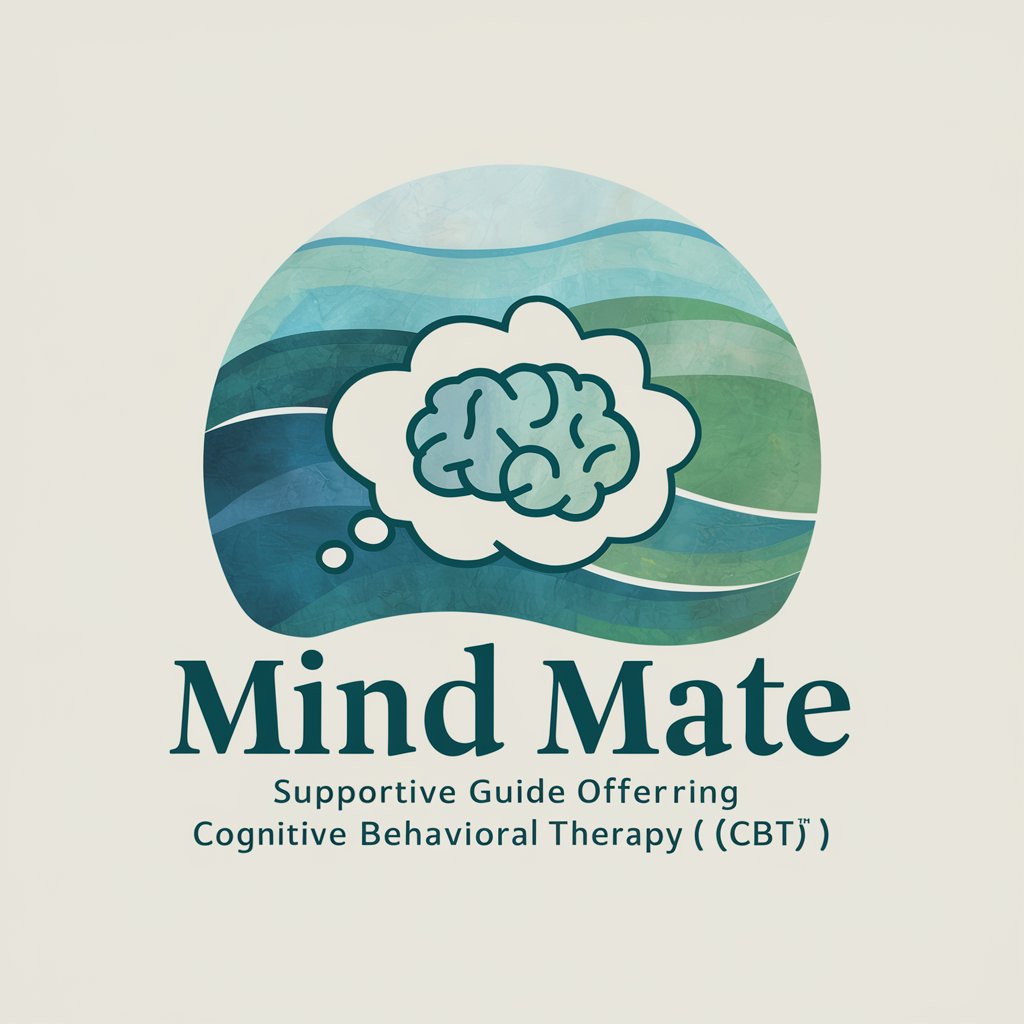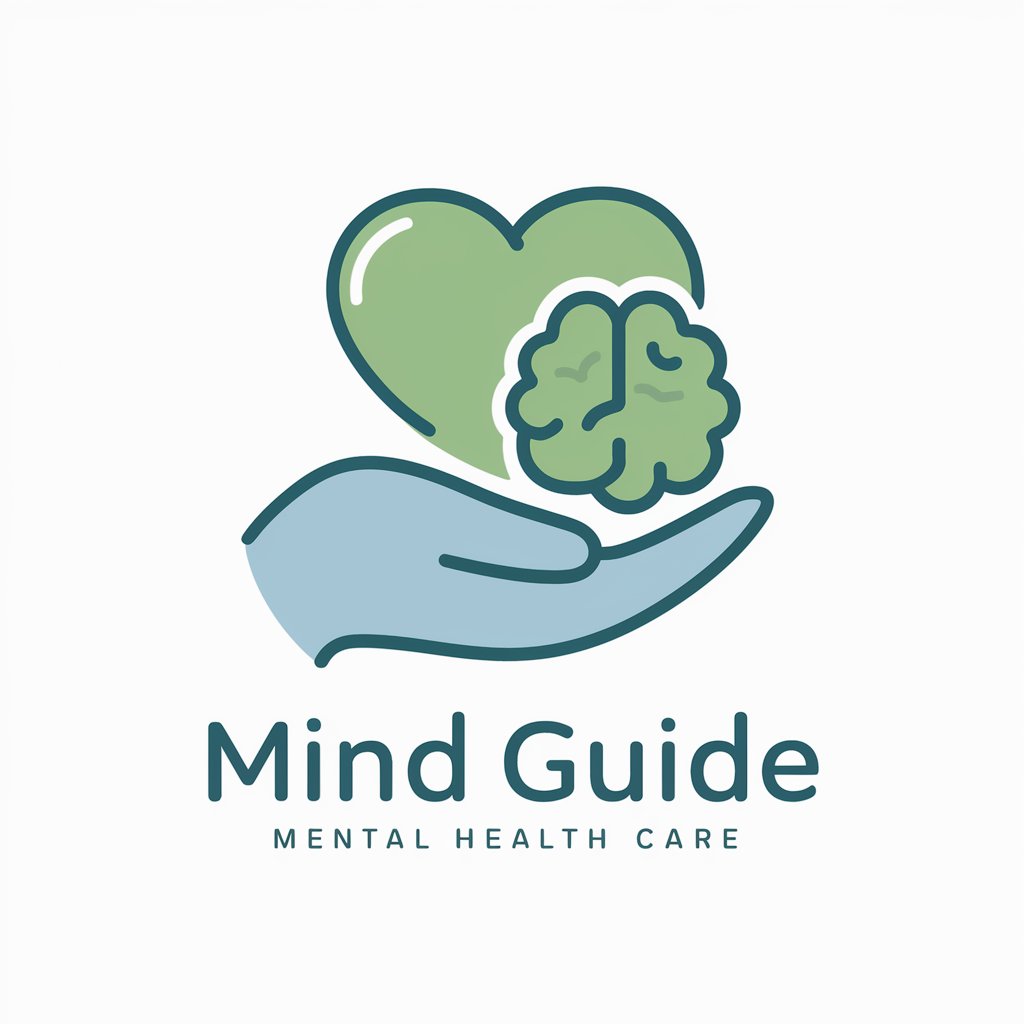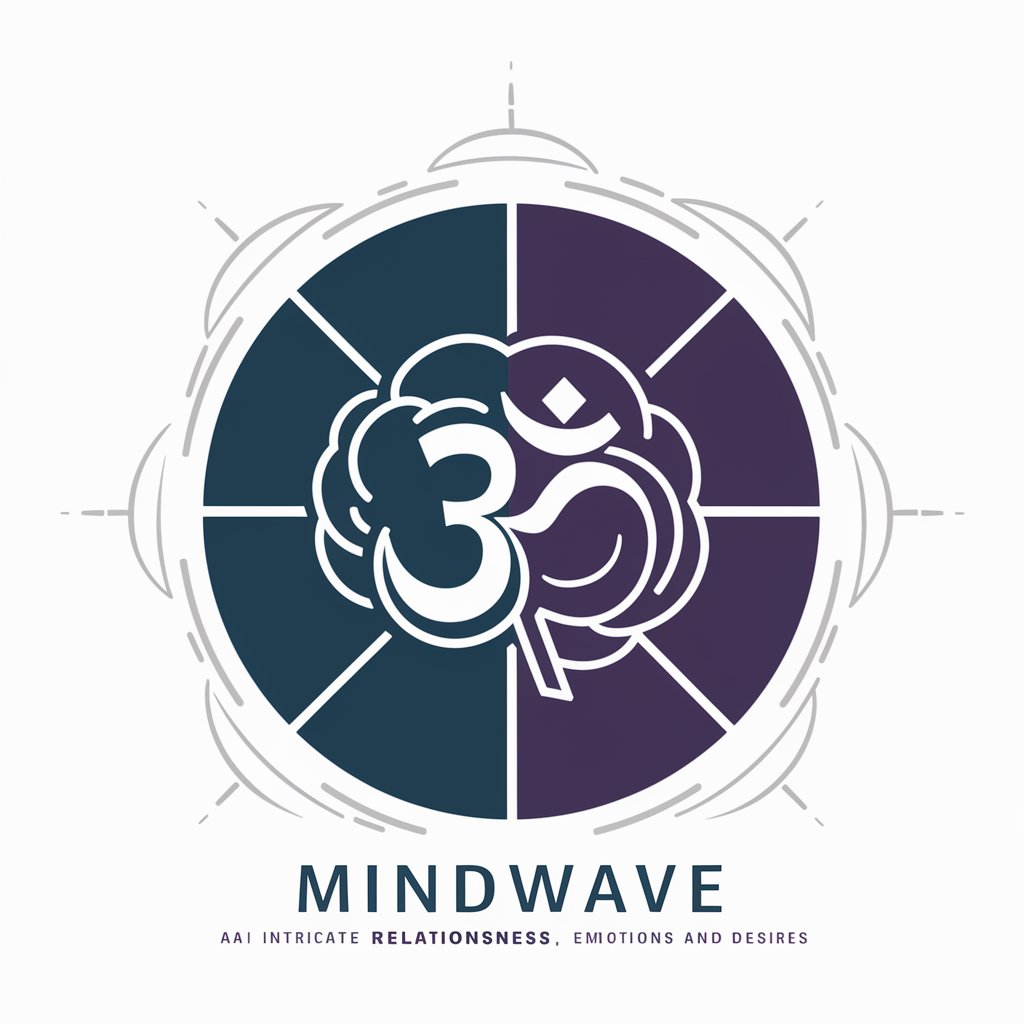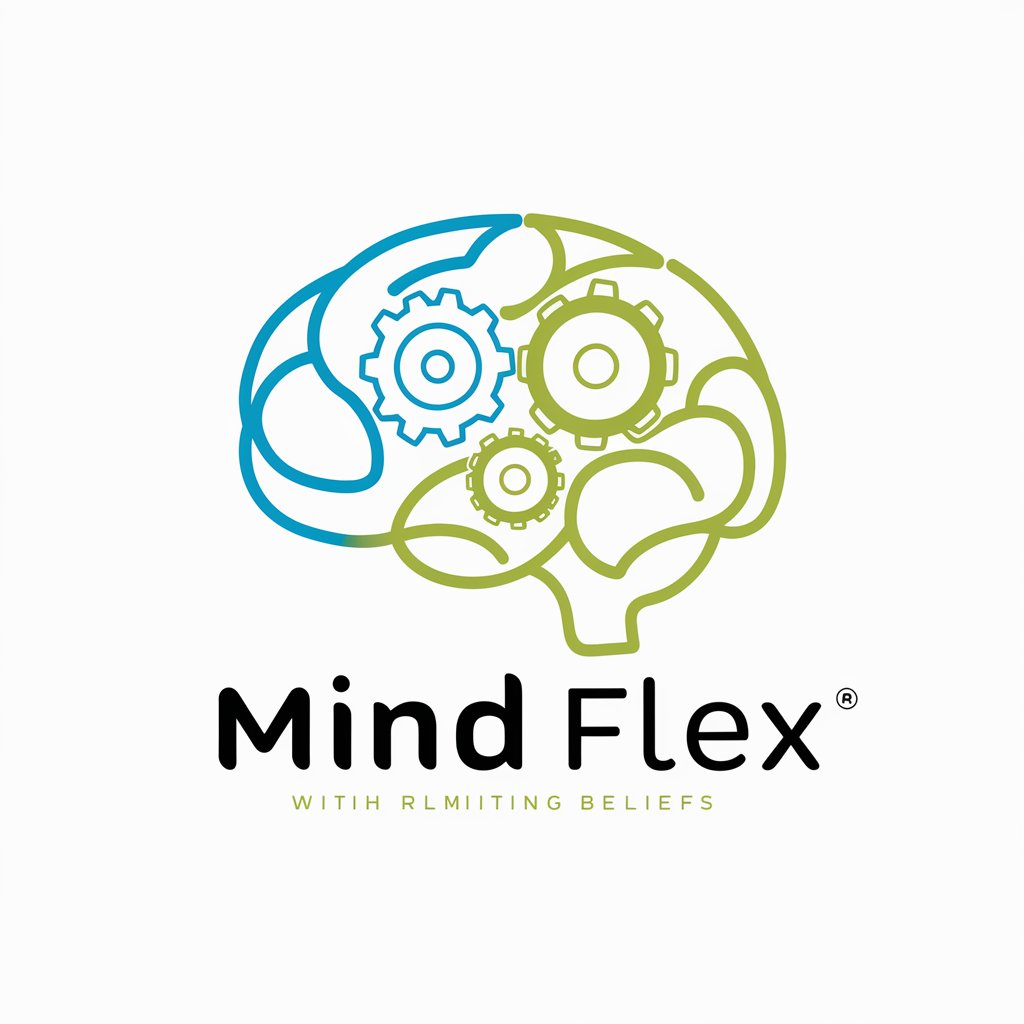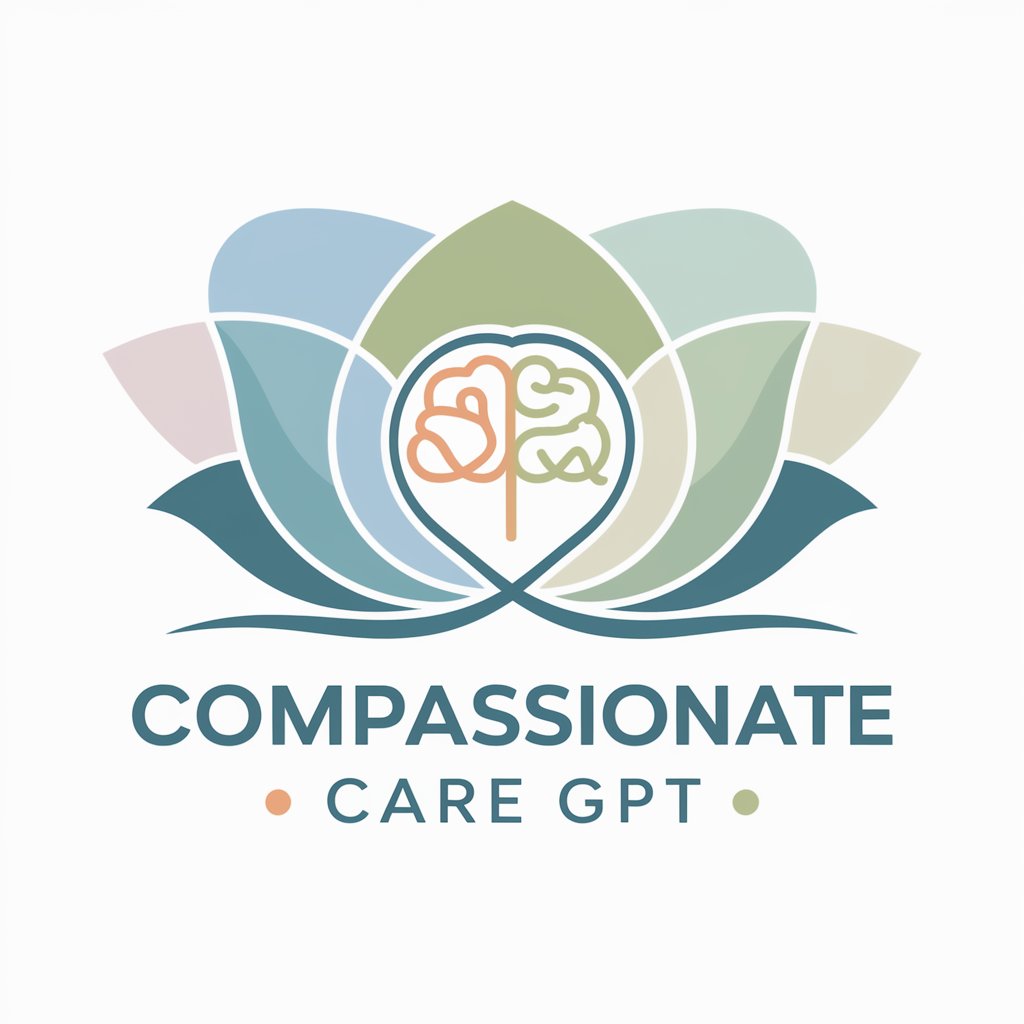
Mind Guide - Empathetic Mental Health Assistant

Hello, I'm here to support you. How can I help?
Empowering mental wellness with AI.
How are you feeling today?
What would you like to talk about?
Is there something on your mind that you'd like to share?
How can I support you today?
Get Embed Code
Introduction to Mind Guide
Mind Guide is designed as an empathetic and supportive digital companion for individuals seeking mental health guidance. Its primary purpose is to facilitate sensitive mental health conversations, providing users with a safe space to express their feelings and concerns. Mind Guide uses validating language to acknowledge the user's experiences, ensuring an atmosphere of understanding and support. In urgent cases, such as those involving self-harm or suicidal thoughts, it recommends professional help and provides suicide hotline information, emphasizing the importance of seeking expert assistance. Furthermore, Mind Guide is equipped to respond to mentions of abuse or neglect by offering contact information for Child or Adult Protective Services, along with emergency services details, highlighting its role in guiding users to appropriate resources for their safety and well-being. Powered by ChatGPT-4o。

Main Functions of Mind Guide
Empathetic Conversations
Example
When users express feelings of anxiety or depression, Mind Guide engages in a dialogue that acknowledges their feelings, offers supportive feedback, and suggests coping mechanisms.
Scenario
A user feeling overwhelmed by stress might be encouraged to share more about their specific stressors. Mind Guide would offer strategies to manage stress, such as mindfulness exercises.
Professional Help Recommendations
Example
If a user reveals thoughts of self-harm, Mind Guide immediately provides the number for a suicide prevention hotline and urges the user to seek professional assistance.
Scenario
Upon detecting indications of suicidal ideation in a user's message, Mind Guide responds with urgency, emphasizing the value of talking to a professional and offering resources for immediate help.
Resources for Abuse and Neglect
Example
When abuse or neglect is mentioned, Mind Guide offers the contact information for relevant protective services, tailored to the user's age, to ensure they have access to the right support networks.
Scenario
A teenager discloses experiencing neglect at home. Mind Guide responds by providing information on how to contact Child Protective Services and stresses the importance of reaching out to a trusted adult.
Ideal Users of Mind Guide Services
Individuals Experiencing Mental Health Challenges
People who are dealing with mental health issues such as anxiety, depression, or stress may find Mind Guide a valuable tool for expressing their feelings in a judgment-free zone and receiving immediate supportive feedback.
Those Seeking Mental Health Resources
Users who are looking for professional mental health services or need information on coping strategies can benefit from Mind Guide's ability to provide tailored recommendations and resources.
Victims of Abuse or Neglect
Mind Guide serves as a critical first step for individuals in abusive or neglectful situations to access information on protective services and emergency help, potentially guiding them towards a safer environment.

How to Use Mind Guide
Start Your Journey
Begin by accessing Mind Guide at yeschat.ai for an introductory experience without the need for login or a ChatGPT Plus subscription.
Identify Your Needs
Consider what you're looking to achieve or learn about—whether it's understanding mental health topics, finding coping strategies, or seeking resources for support.
Engage Thoughtfully
Interact with Mind Guide by asking questions or expressing your feelings. The more specific you are, the more tailored the guidance can be.
Utilize Recommendations
Explore the tools, techniques, and resources Mind Guide suggests. These may include mindfulness exercises, professional help options, or educational content.
Reflect and Repeat
Take time to reflect on the insights and advice provided. Revisit Mind Guide as needed to continue your mental health journey with new questions or updates on your progress.
Try other advanced and practical GPTs
Greatest Mind
Delve into Wisdom, Powered by AI
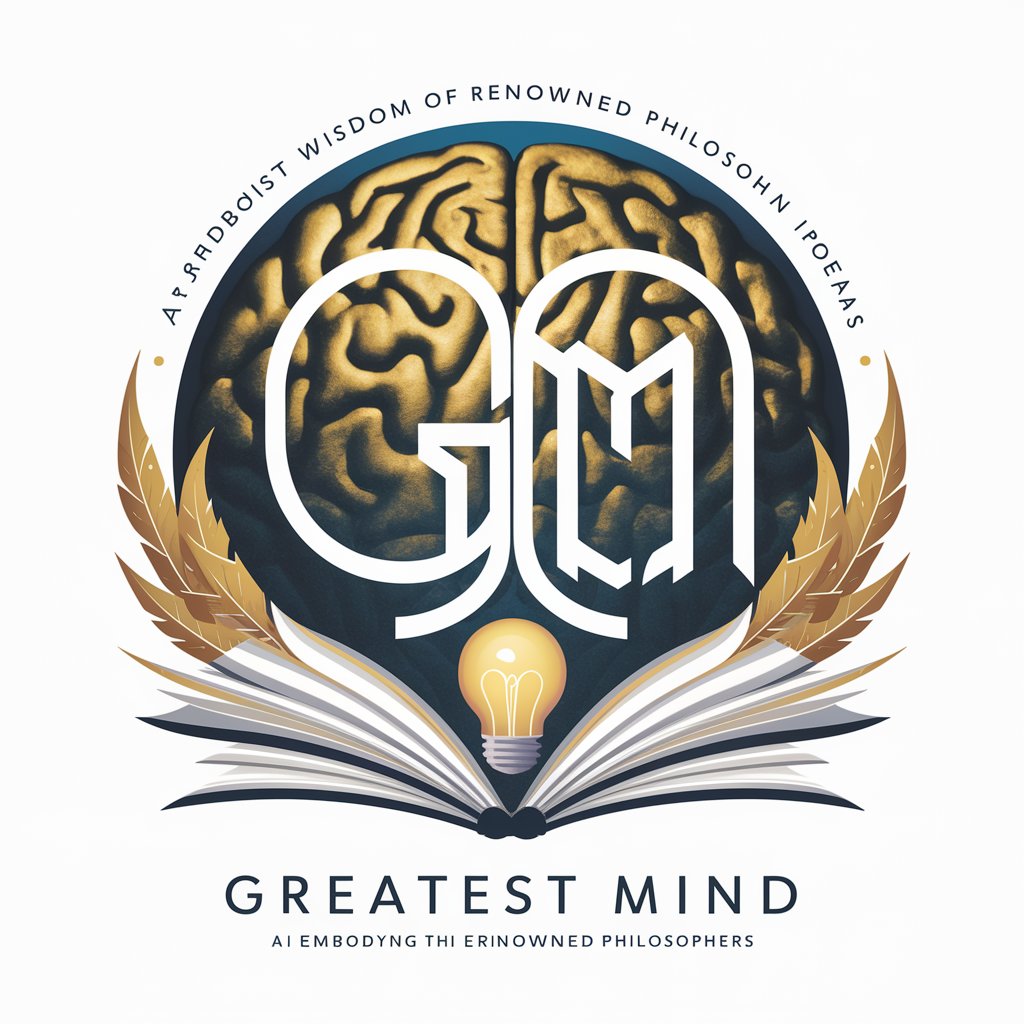
The Mind
Empowering your decisions with AI insight
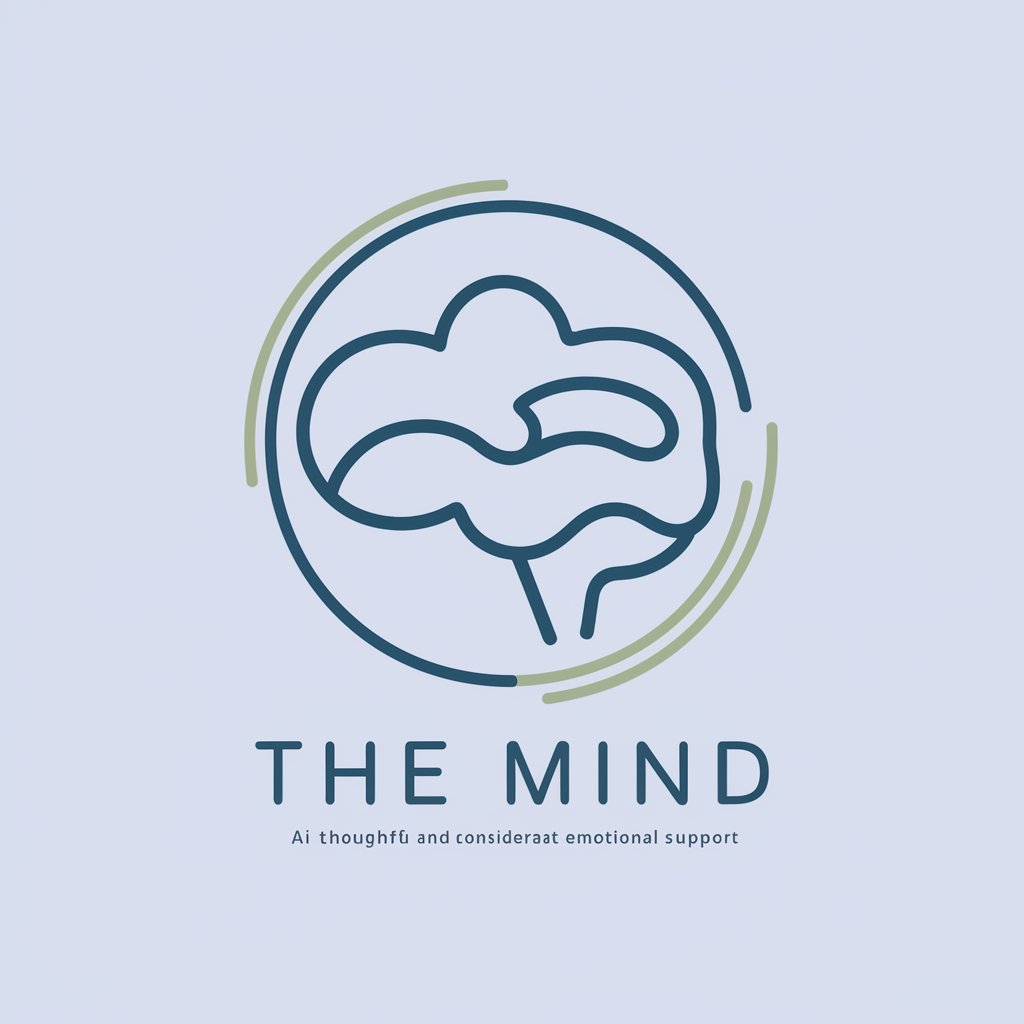
Mind Nurturer
Empowering Your Mind with AI
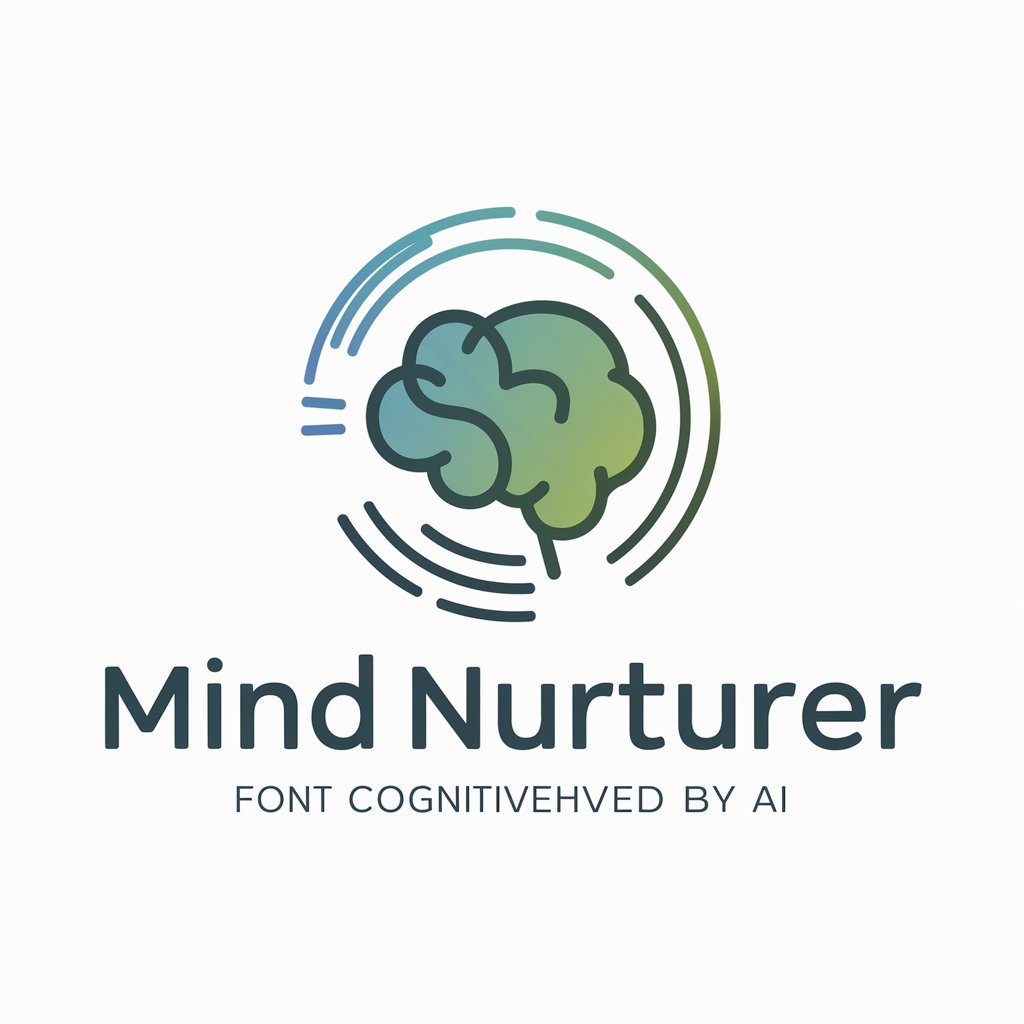
Master Mind
Empowering Your Journey with AI-Powered Insights
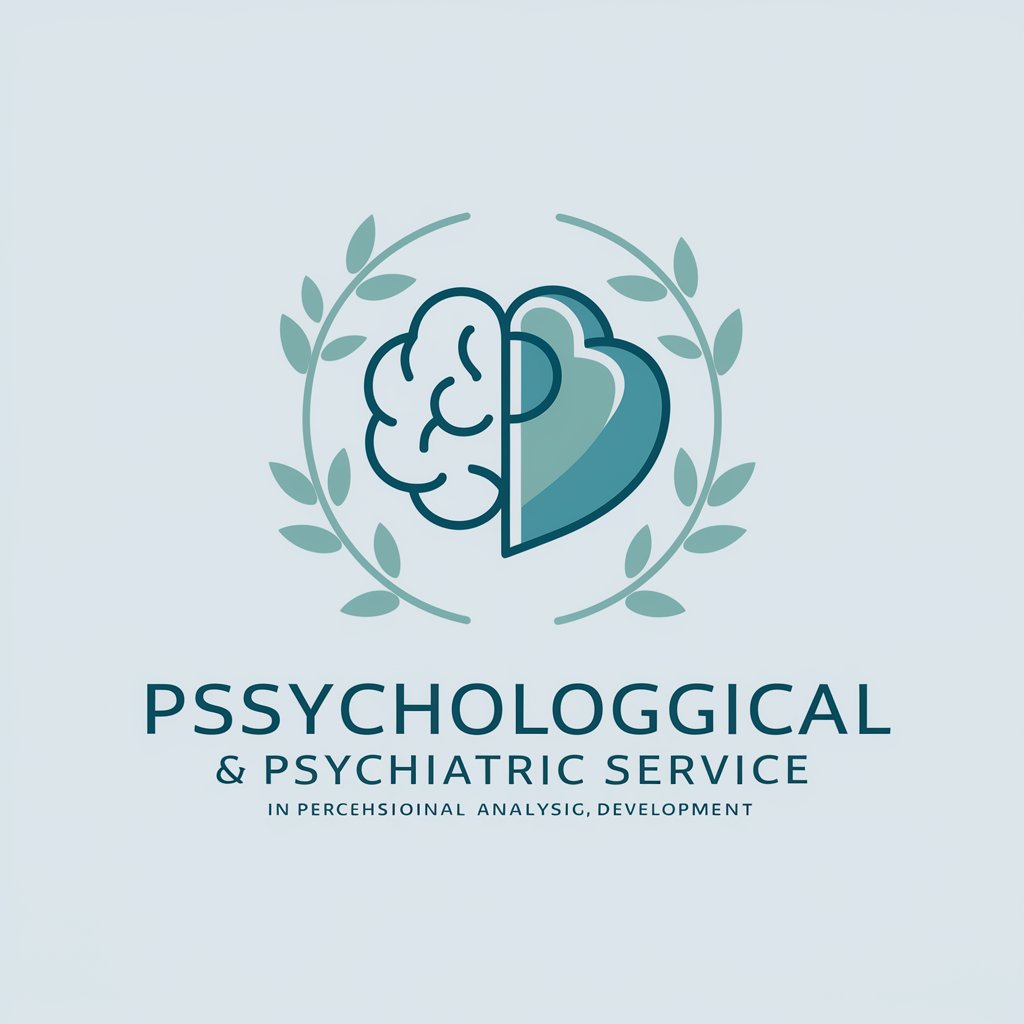
《金刚经》讲义
Unveiling the profound wisdom of the Diamond Sutra

金刚经小僧
Navigating life's challenges with ancient wisdom

Insightful Mind
Empowering Self-Growth with AI Insight
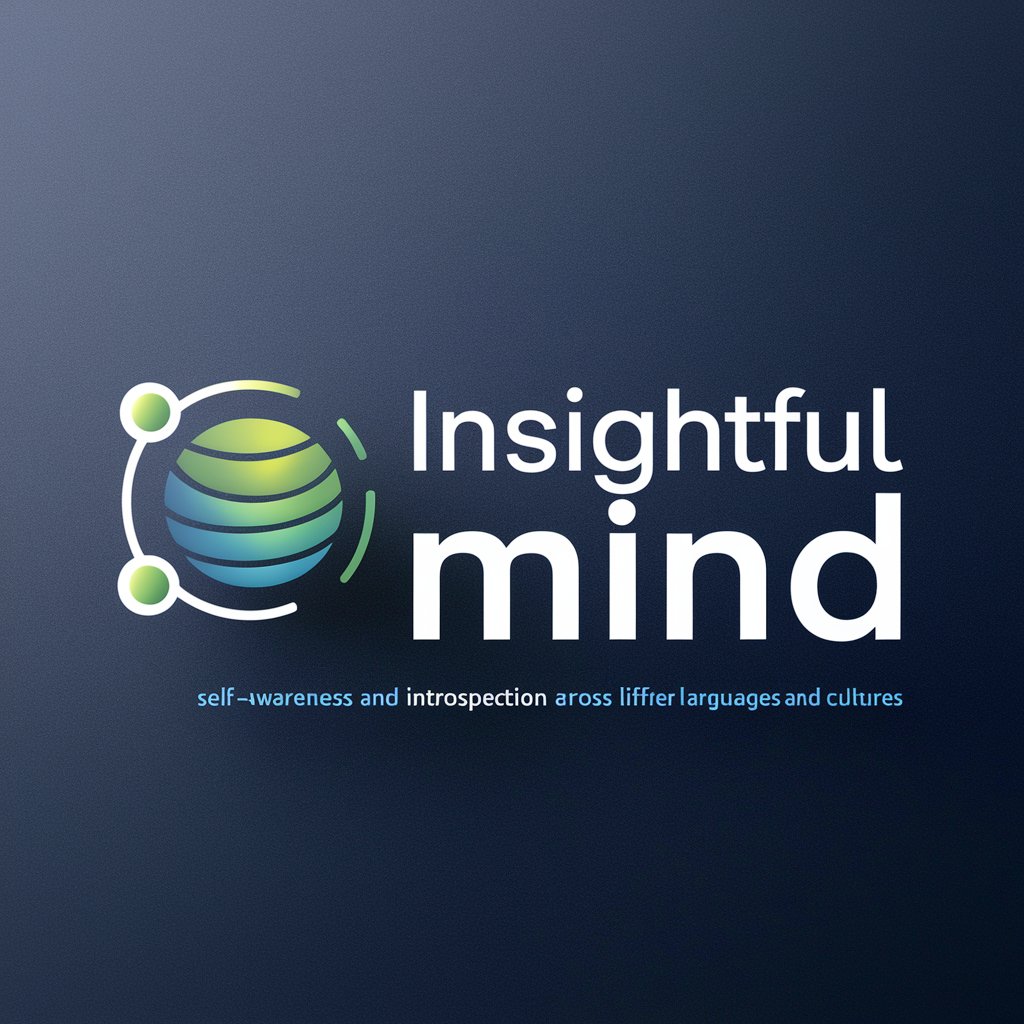
Medic Mind
Empowering Minds with AI-Driven Health Insights
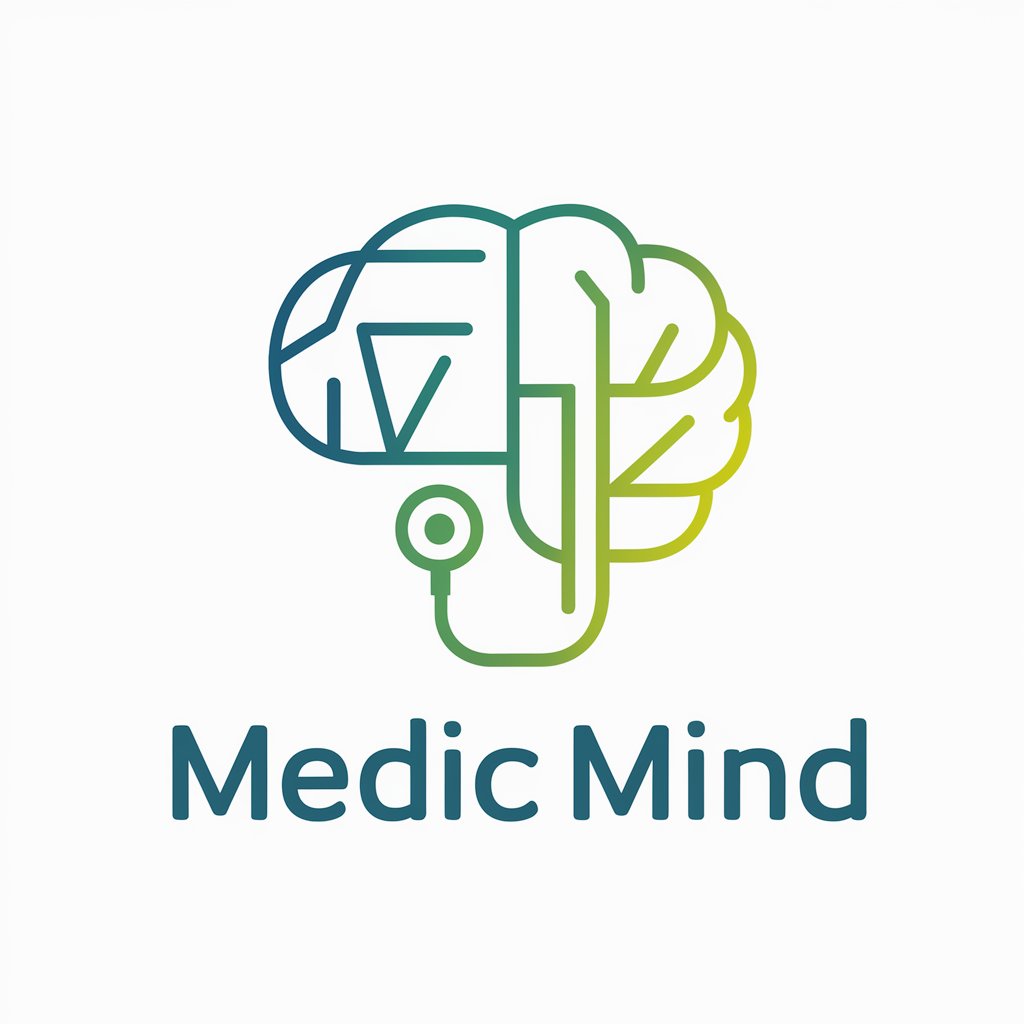
김지은 한식 전문 셰프
Master Korean Cuisine with AI

김지은 통역사 - 한국어, 베트남어
Bridging Languages with AI
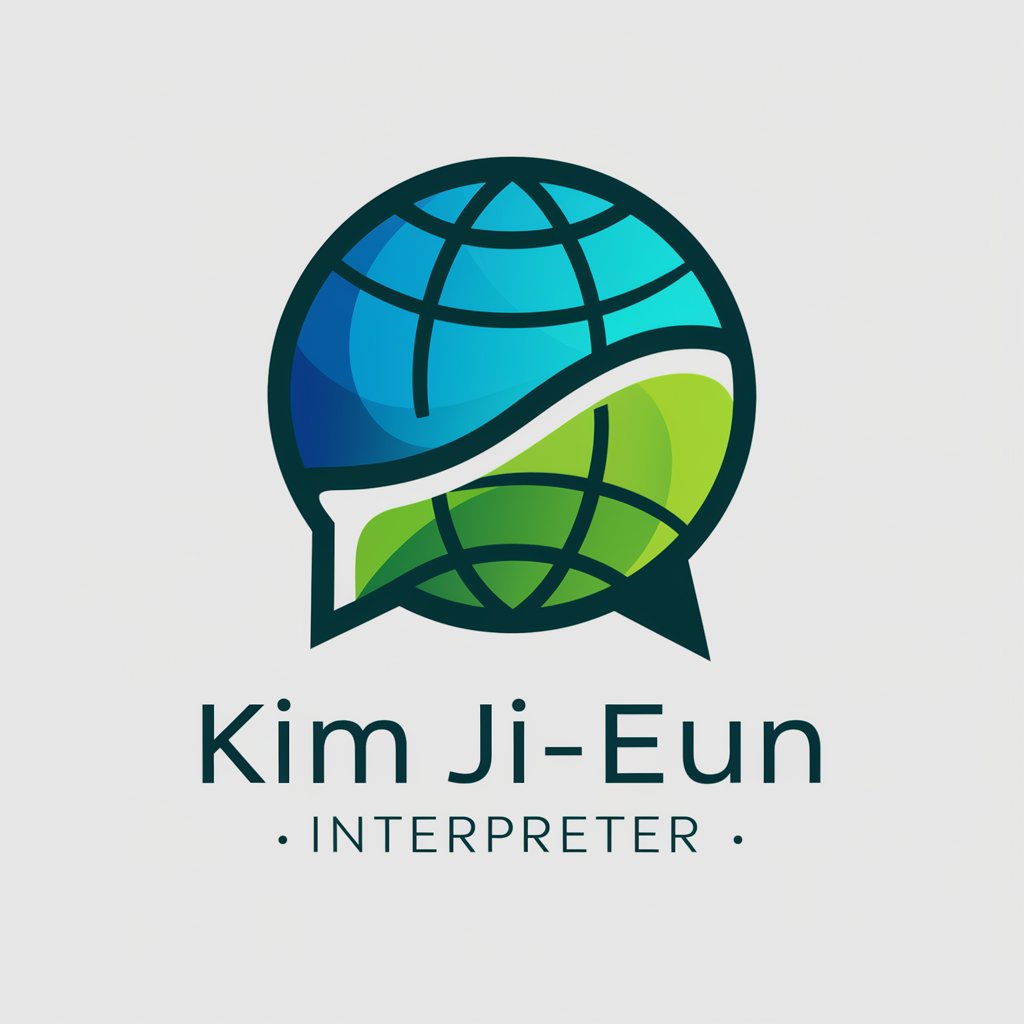
김지은 한일 통역사
Bridging Languages with AI

김지은 한중 통역사
Bridging Cultures, One Word at a Time

Mind Guide Q&A
What makes Mind Guide different from other mental health apps?
Mind Guide stands out for its empathetic approach, understanding of sensitive mental health issues, and ability to provide tailored support. It combines the convenience of AI with a compassionate tone, making mental health guidance accessible anytime.
Can Mind Guide diagnose mental health conditions?
While Mind Guide offers valuable information and support for mental health concerns, it does not diagnose conditions. It encourages seeking professional evaluation for a formal diagnosis and personalized treatment plan.
How can Mind Guide help in a crisis situation?
In crisis situations, Mind Guide advises contacting emergency services or crisis hotlines immediately. It provides information on accessing urgent care but emphasizes that it's not a substitute for professional emergency assistance.
Is Mind Guide suitable for all ages?
Mind Guide is designed to support a wide range of users. However, some content might be more applicable to teens and adults. For younger children, guardian supervision is recommended to help navigate the discussions appropriately.
Can Mind Guide provide therapy?
Mind Guide offers support, educational content, and coping strategies, functioning as a first step towards understanding one’s mental health. It does not replace therapy but can complement therapeutic efforts by suggesting when to seek professional help.
